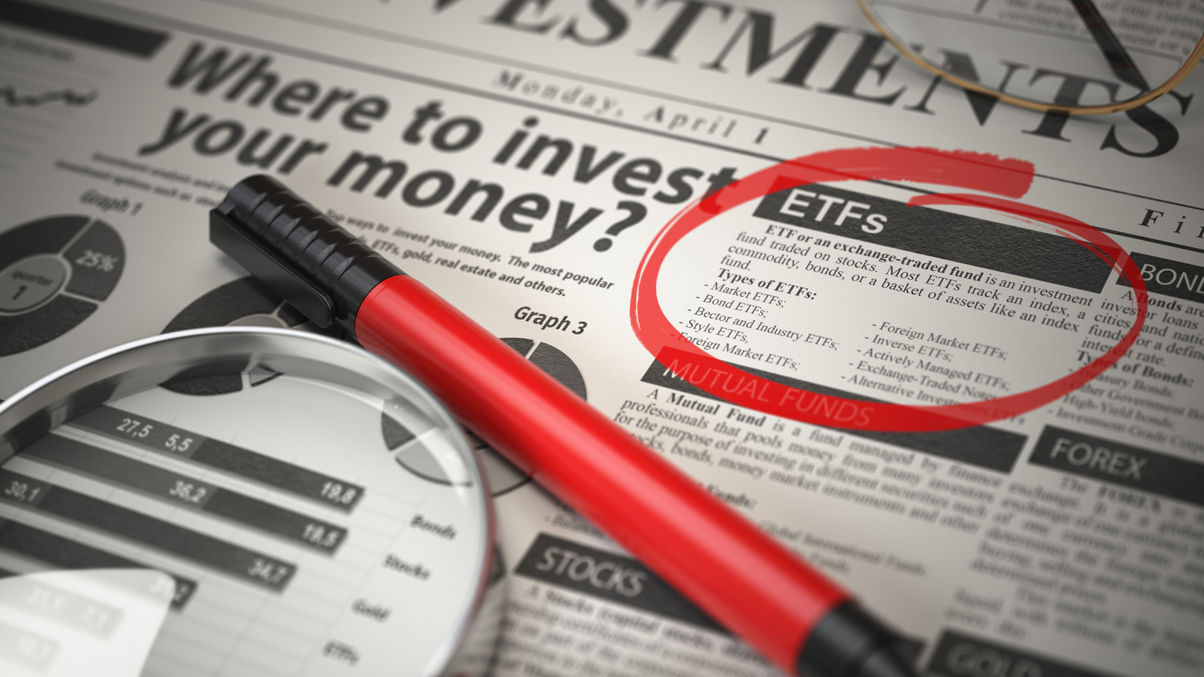US ban on China stocks offers buy opportunity
Washington's decision to ban investments in Chinese companies has caused problems for some ETF products. But experts see longer-term upside for both stocks and ETFs.

US sanctions against a number of Chinese companies have caused problems for some of their stock listings and exchange traded funds (ETFs) that contain them.
Sign in to read on!
Registered users get 2 free articles in 30 days.
Subscribers have full unlimited access to AsianInvestor
Not signed up? New users get 2 free articles per month, plus a 7-day unlimited free trial.
¬ Haymarket Media Limited. All rights reserved.


